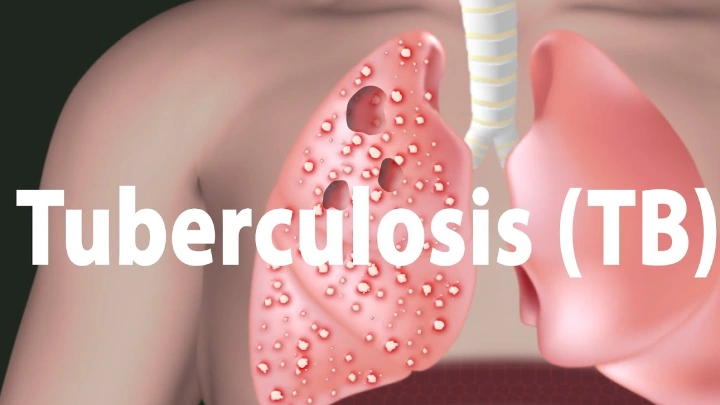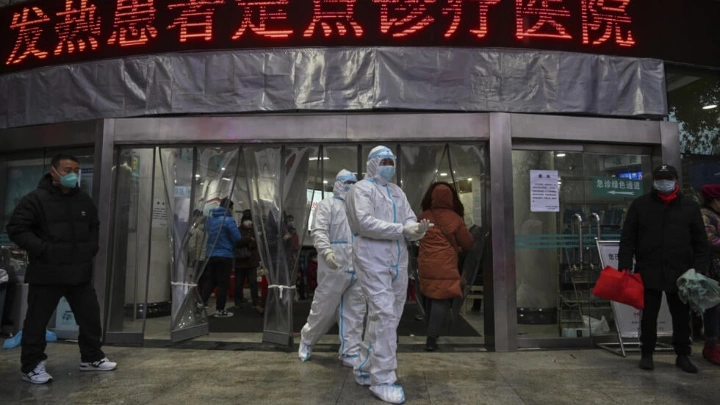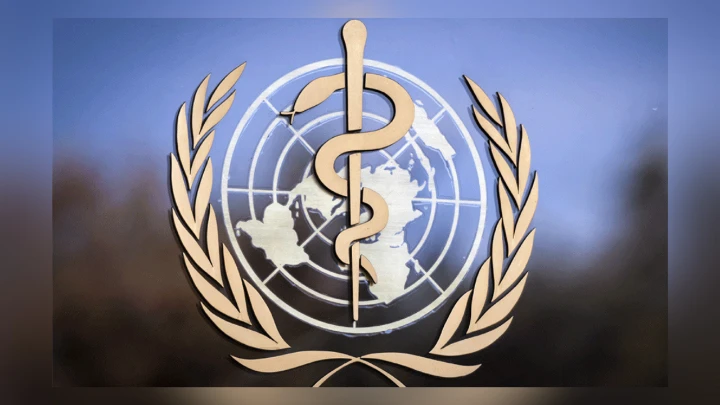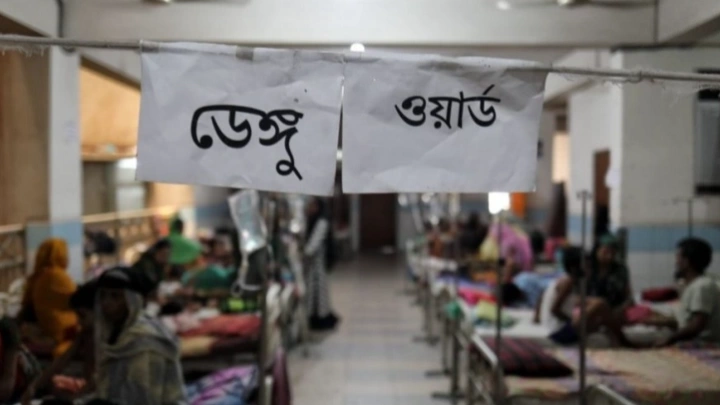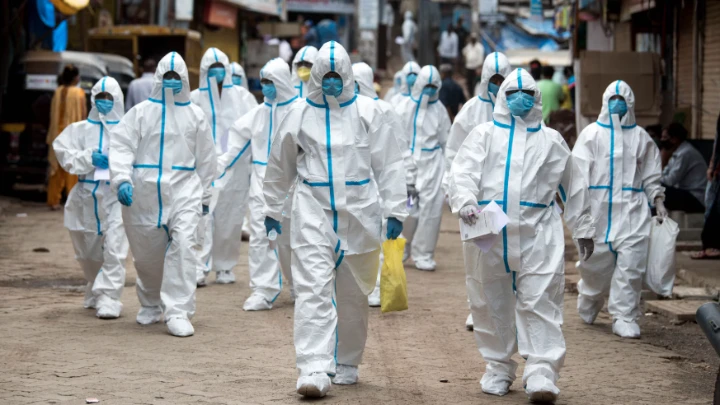TB awareness and prevention campaigns
FinancialExpress || Shining BD
It is unquestionably a cause for serious concern if tuberculosis (TB) still claims 121 lives every day in Bangladesh, especially at a time when the illness is both preventable and curable. It serves as sufficient proof that the socioeconomic systems of the nation are characterized by a number of detrimental elements.
First off, a sizable portion of people, including children, are unable to consume foods that are nutritious enough to give them the immunity to the disease. Second, a large portion of those affected do not receive early screening to determine whether they have TB. Third, even though some of them seek treatment, they do not finish the prescribed course of action when they start to feel somewhat better, which encourages the emergence of new bacterial strains. Fourth, there needs to be much more done to raise awareness and inform people about the free treatment options available at various TB centers.
In a story that was published in this newspaper last Tuesday, the prevalence of the disease in Bangladesh was examined from a global perspective. Its bacteria, according to the report, are present in almost a quarter of the world's population. Additionally, defying the prior downward trend in TB incidence and mortality, the disease's mortality increased in 2020 for the first time in ten years. Naturally, the effect of the Covid-19 on people's dietary habits was the cause. A clear connection exists between undernutrition and the prevalence of TB in the pandemic era. If this is the case, a miniature version of the pandemic adversity will undoubtedly be repeated. With marginal and low-income people in this country now skipping more expensive, nutritious food items and even meals in some cases, the situation is what it is. People who are poor and vulnerable are engaged in a fight to just maintain the integrity of their bodies and souls. They are unable to manage foods that would provide the necessary nutrition due to their financial situation, so even if they wanted to, they could not avoid the effects of malnutrition.
With the Ukraine conflict showing no signs of ending and the dollar crisis making it difficult to import fossil fuels, Bangladesh's energy sector is suffering, with negative repercussions for almost every sector, the manufacturing sector being the worst of all. As a result, production costs soar and trade syndicates exacerbate market volatility. The poorer sections of society are paying exorbitant prices for commodities that are now more expensive than they ought to be. Their income has not increased, has actually decreased, and is likely to continue to do so, forcing them to compromise on food quality and even quantity.
As a result, compared to 2020, the incidence of tuberculosis might increase once more. Before this occurs, the administration should start working to stop the artificial price increase and set up nutritional supplementation, especially for kids from low-income families. There were programs for the free distribution of soy biscuits and powder milk to schoolchildren back in the 1960s and 1970s. A similar program can be started to help children from low-income families in slums and rural areas of cities with their nutritional needs. Such initiatives can significantly improve the nutritional status of the underprivileged and help to reduce the prevalence of tuberculosis.
Shining BD

